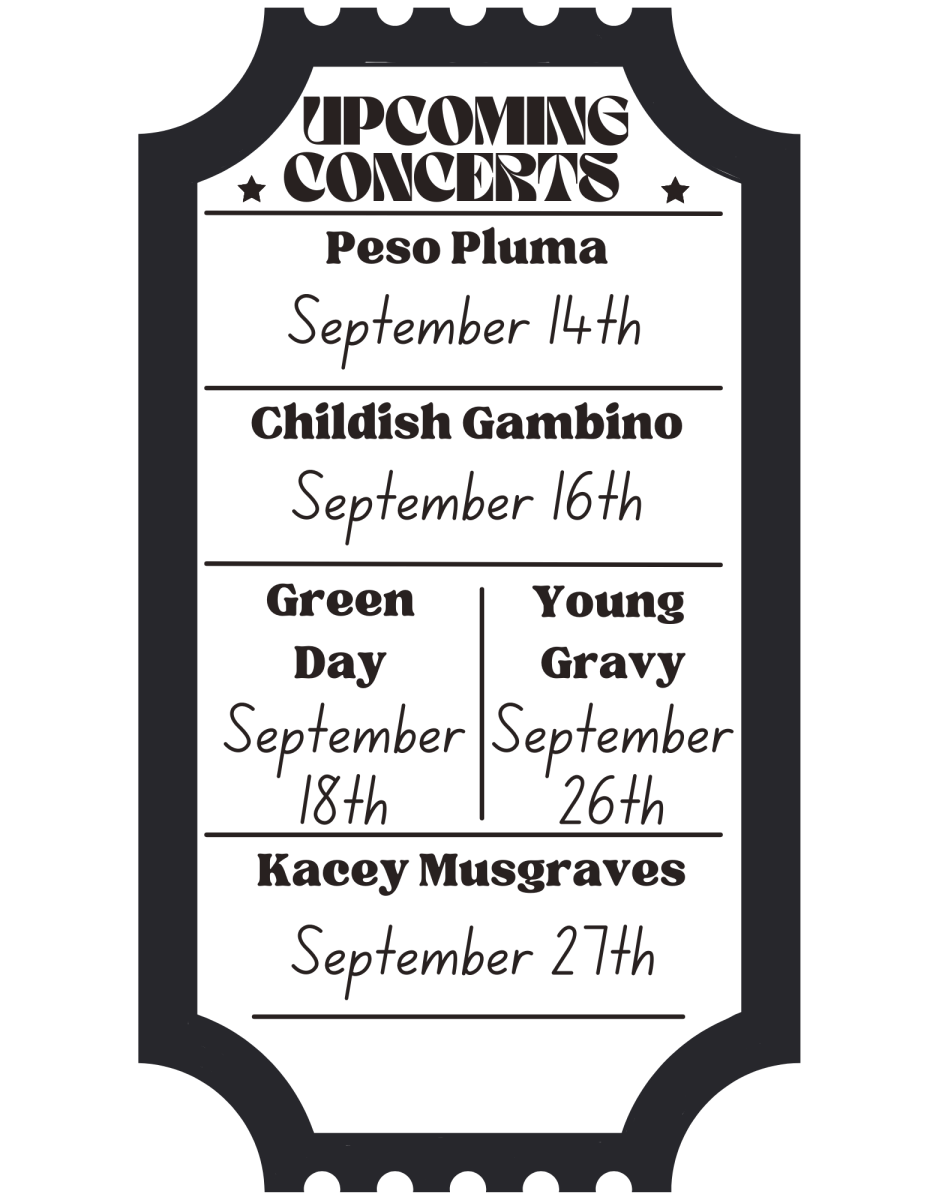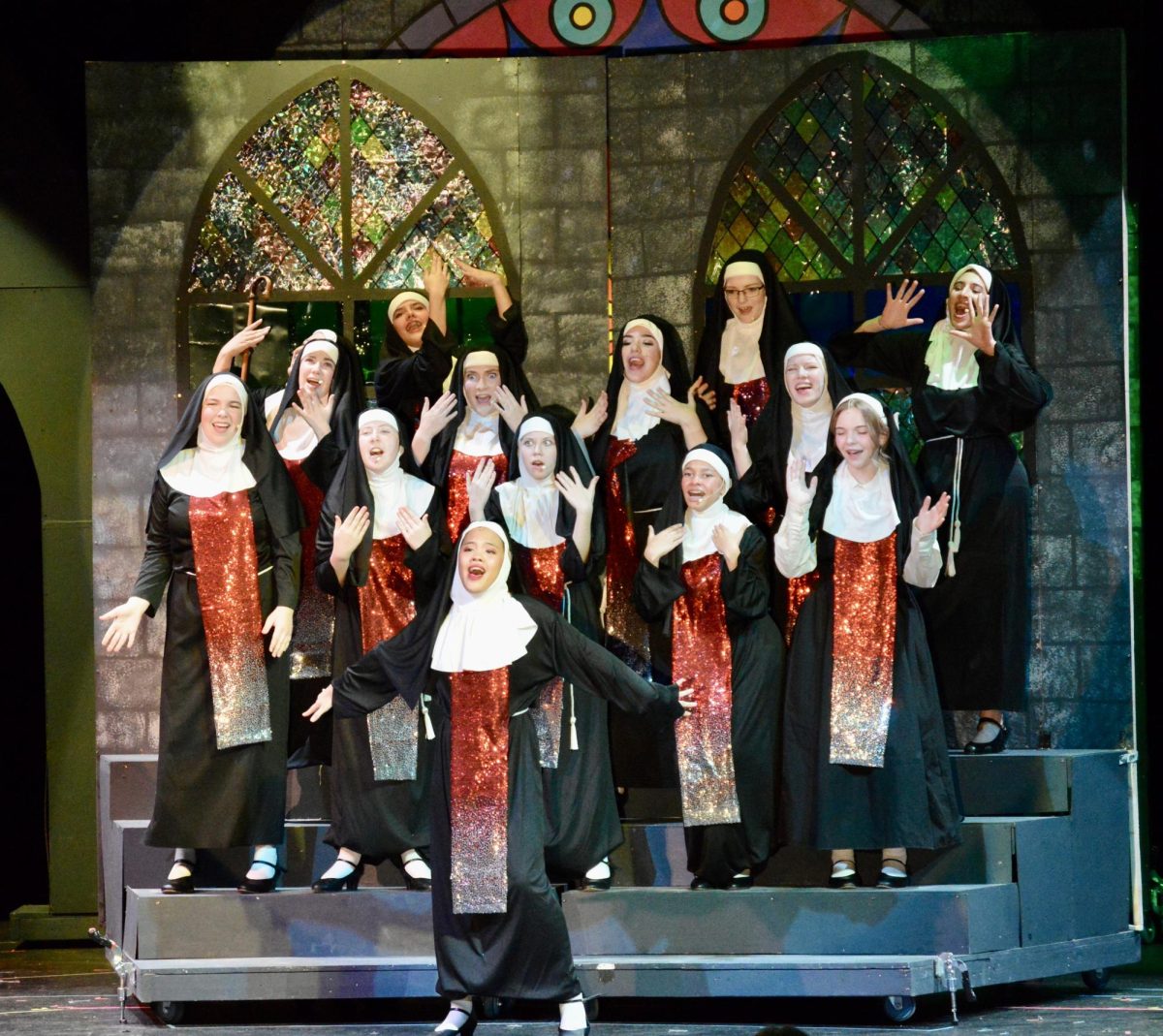Loosely based on an obscure Grimm fairy tale, Book of a Thousand Days rivals Grimm in terms of enchantment. Uniquely set in medieval Mongolia (and the author does her homework when it comes to cultural knowledge), Book of a Thousand Days, woven together by Shannon Hale, goes far beyond your average fairy tale. In fact, the term ‘fairy tale’ seems too naïve of a genre for the novel.
Lady Saren and her maid, Dashti, are locked in a tower for seven years due to the Lady’s unwillingness to marry Lord Khasar, of whom she is inexplicably terrified. The novel’s similarities to the original fairy tale end there.
The protagonist of the story is unexpectedly Dashti, and not the beautiful Lady Saren. Dashti, an ex-yak herder, has a surprising and somewhat impractical lyricism to her journal entries. Dashti displays an almost religious reverence toward the rather pathetic Lady Saren (whom I thought cognitively impaired), and determinedly devotes her life to keeping ‘My Lady’ alive.
Dashti’s excessive naivety and devout obedience became a bit boring after “My Lady” repeats about twice a page. However, despite her initial tedium, Dashti reverses roles with Saren as the Lady reveals her cowardly, weak interior, and Dashti grows out of her monotony into a strong heroine. Besides Dashti’s static personality, the tower grows dreary, even to the reader, after a third of the book.
When a Khan Tegus tries to speak to Lady Saren through the towers food slot, she directs Dashti to speak in her place. Needless to say, Dashti falls in love with Tegus, giving the fairy tale a stereotypical theme of romance. The romance aspect of the novel was too predictable for my tastes, but I appreciated Tegus’ gift of the quirky cat named “My Lord”.
Khans, ghers, and muckers galore, Book of a Thousand Days is richly infused with knowledgeable references to Mongolian culture. The plot is engrossing, the story enchanting and the writing lyrical. I found the random illustrations and sketches scattered throughout Dashti’s journal to be entertaining. Expertly imbued with drama, disguise, and (of course) romance, the story proves thought provoking.
If, like me, you aren’t a frequent flyer of the fantasy genre, Book of a Thousand Days certainly isn’t overkill with spells, wizards and knights; in fact, the story demonstrates much more flexibility. Finally, if you don’t read the novel for anything else, the lyricism of Hale’s writing and unique format are attractive aspects.




